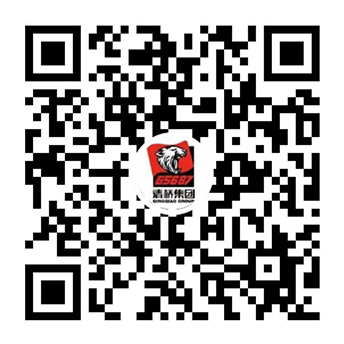


top
Recently, Apple announced that it will open a new factory in Batam, Indonesia, marking its further expansion in Southeast Asia. It is reported that the factory is expected to be completed in early 2026 and will focus on productionAirTagIntelligent tracker. However, despite Apple's increased investment in Indonesia, the Indonesian government still maintains a ban on the sale of iPhone 16, which makes Apple's future in the Indonesian market still challenging.

Apple's Vice President of Global Policy, Amman, met with Indonesian Investment Minister, Rosang, in Jakarta and revealed the company's plan to invest $1 billion to build a new factory in Batam. This factory is not only part of Apple's commitment to the Indonesian market, but also an important part of the company's global production and supply chain layout. After completion, the factory will meet 65% of Apple's global AirTag demand, and is expected to create a large number of job opportunities in Indonesia and drive the development of related industries.
The Indonesian government welcomes Apple's investment, but also emphasizes the requirement for local production. Last October, the Indonesian government issued a ban on Apple's iPhone 16 sales due to its failure to meet the required localization production ratio. According to regulations, mobile phone products sold in Indonesia must have at least 40% of their components produced locally in Indonesia. Apple has repeatedly increased its investment commitment in Indonesia in the following period, from an initial $10 million to $1 billion, but it still seems to have failed to meet the requirements of the Indonesian government.
Minister Rosang stated after the meeting that the factory in Batam is only the initial stage of Apple's cooperation with Indonesia, and there will be more Apple suppliers entering the Indonesian market in the future. This also means that Apple's investment in Indonesia will continue to increase to meet the Indonesian government's requirements for localized production. However, Indonesian Industry Minister Agus explicitly stated in an interview that AirTag belongs to accessories rather than components, and therefore cannot be considered as meeting the conditions for localized production ratio. This means that Apple is still unable to lift the ban on the sale of iPhone 16 in Indonesia in the short term.

Faced with the resolute attitude of the Indonesian government, Apple needs to make a decision as soon as possible to cope with the difficulties in the Indonesian market. Although building a new factory can bring more production capacity and market share to Apple, the inability to sell the latest iPhone products in Indonesia remains a huge challenge. Apple may need to re-examine its production and investment strategies in Indonesia to better meet the requirements of the Indonesian government and restore sales in the Indonesian market.
Laos:+856 2026 885 687 domestic:+0086-27-81305687-0 Consultation hotline:400-6689-651
E-mail:qingqiaoint@163.com / qingqiaog5687@gmail.com
Copyright: Qingqiao International Security Group 备案号:鄂ICP备2021010908号

